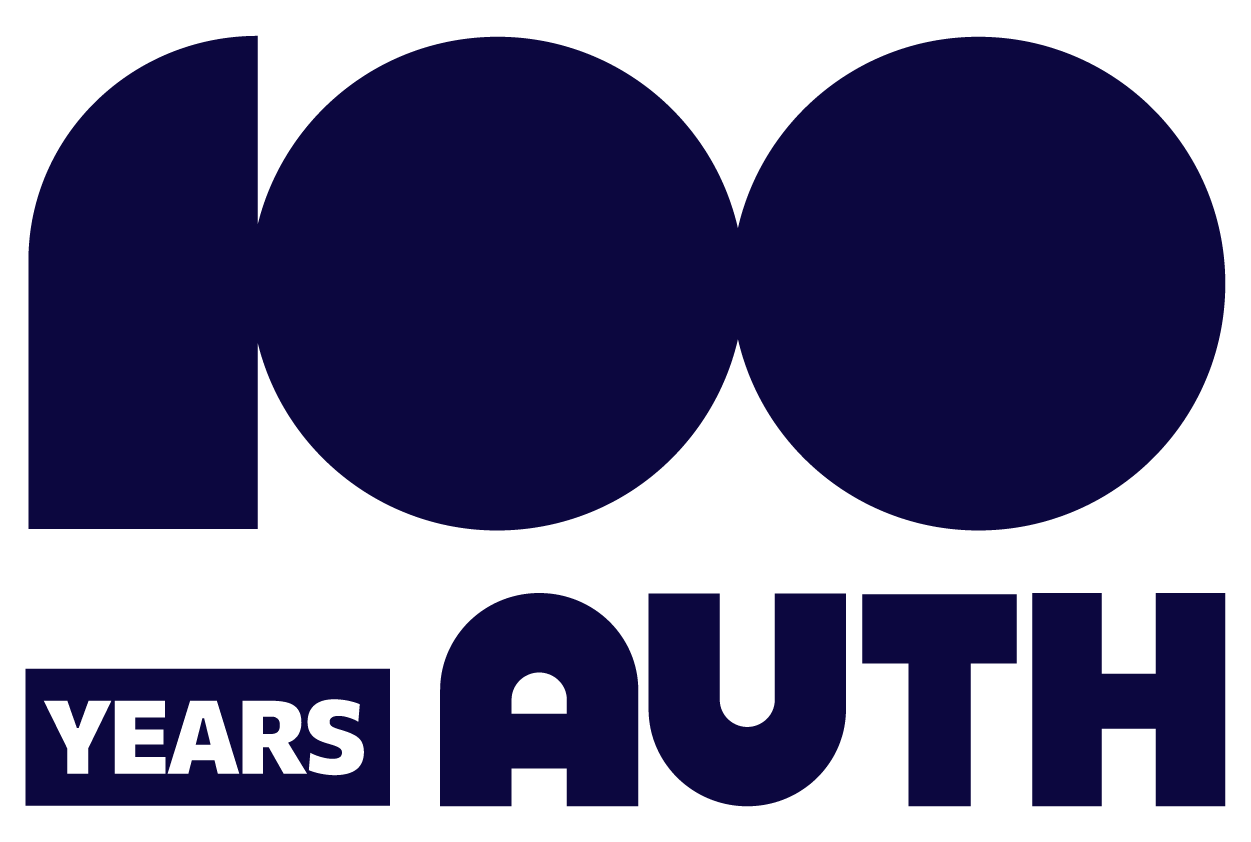
This course introduces students to the literary genre of fiction and to the critical concepts used to interpret narrative texts. It also teaches students how to construct a written interpretation of fictional works. Sample analyses of a range of short stories will be made in class with emphasis on the way meaning is constructed for each individual reader. Critical concepts such as point of view, plot, theme, allegory and symbolism, and realism versus fantasy, will be discussed within the context of individual readings of stories. In addition, students will be instructed and tested on how to construct a valid written interpretation of a work of fiction. Expected learning outcomes: •Familiarization of students with basic skills in the close reading of short fiction. •Familiarization with the basic critical terminology used in the analysis of fiction. •Ability to connect literary texts to their social-historical context. •Training in the construction of a literary critical essay, providing a thesis with relevant examples. Recommended Bibliography? Course booklet with selected short texts. Distribution of Course Outline with thematic units and exam material? YES Distribution of textbook: NO Distribution of related bibliography: NO
Assessment methods: depending on the instructor
An in-class essay (30%), participation in class/online discussions and exercises (20%), and a final exam (50%)
| Semester | Group | Day | From | To | Room | Instructor |
| Winter | a | Monday | 08:30 | 11:00 | 417 | Constantinidou Despina - Alexandra |
| Winter | b | Tuesday | 08:30 | 11:00 | 417 | Yiannopoulou Effie |
| Spring | a | Friday | 13:30 | 16:00 | 112 đ.ę. | Adjunct Lecturer |
| Spring | b | Monday | 08:30 | 11:00 | 417 | Patrona Theodora |